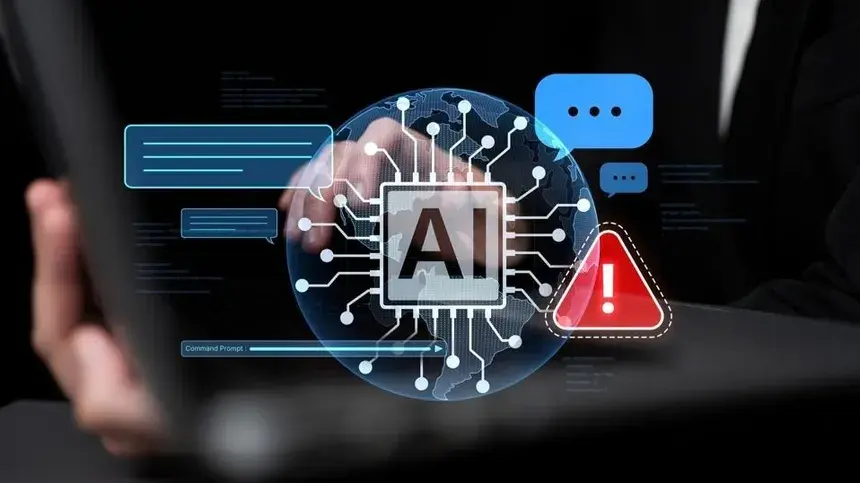Artificial Intelligence (AI) is no longer just a buzzword—it’s a living, breathing force in our daily lives. From the way we search online to the playlists recommended on music apps, AI quietly shapes our decisions. But beyond practical uses, AI has sparked countless theories about where it’s heading, how it works, and what it might mean for humanity. Let’s break down some of the most fascinating ideas swirling around the world of AI.
🧠 The Theory of Machine Learning
At the core of modern AI is machine learning, the idea that computers can “learn” from data instead of being programmed step by step. Think of it like this: instead of teaching a robot how to identify a cat by giving it rules (“pointy ears, whiskers, tail”), we feed it thousands of cat images. Over time, it learns patterns on its own. This theory has transformed how we view intelligence—not as rigid, but adaptive.
🧩 Strong AI vs. Weak AI
A big theoretical debate is whether AI will ever reach strong AI—a system that can think, reason, and feel like a human—or if it will remain weak AI, specialized in narrow tasks. Today’s chatbots, translation apps, and self-driving cars are all examples of weak AI: they’re great at specific skills but don’t understand the world the way humans do. Strong AI, however, would blur the line between human and machine intelligence, raising ethical and philosophical questions.
🌌 The Simulation Hypothesis and AI
Some theories go even further, suggesting that if AI becomes advanced enough, it could simulate entire realities. Imagine a future where AI systems create worlds so detailed that humans can’t distinguish them from real life. This ties into the simulation hypothesis—the idea that our own reality might already be an advanced AI program run by another civilization. While it sounds like science fiction, many scientists and philosophers take this possibility seriously.
⚖️ Ethical Theories of AI
AI isn’t just about technology—it’s about values. Ethical theories explore questions like:
- Should AI be allowed to make life-or-death decisions, such as in healthcare or autonomous vehicles?
- How do we prevent AI from reinforcing biases in society?
- Who is responsible if an AI system makes a mistake?
These questions show that AI isn’t just a tool; it’s a mirror reflecting our human challenges back at us.
🔮 The Theory of Singularity
One of the boldest theories is the idea of the singularity—a moment when AI surpasses human intelligence and begins to improve itself without human help. If this happens, change could accelerate so fast that society may struggle to keep up. Some see this as the path to solving humanity’s biggest problems—like disease and climate change—while others fear it could spiral out of control.
🌱 A Balanced View
What’s clear is that AI theories are not only about technology but also about our hopes, fears, and imagination. Whether it’s strong AI, ethical dilemmas, or the singularity, these discussions help us prepare for what’s coming. The future of AI will likely be shaped by how we handle its growth—balancing innovation with responsibility.

Comments 0
No comments yet. Be the first to share your thoughts!
Leave a comment
Share your thoughts. Your email will not be published.